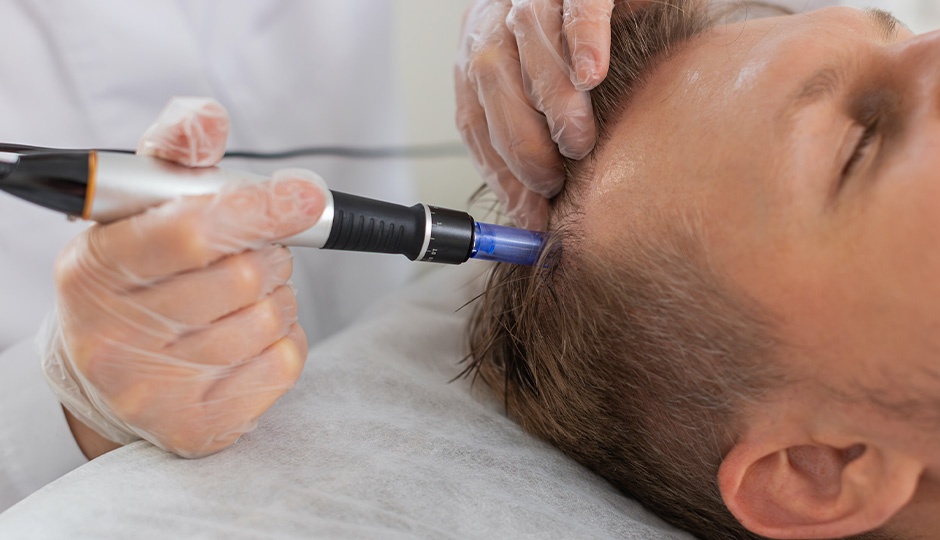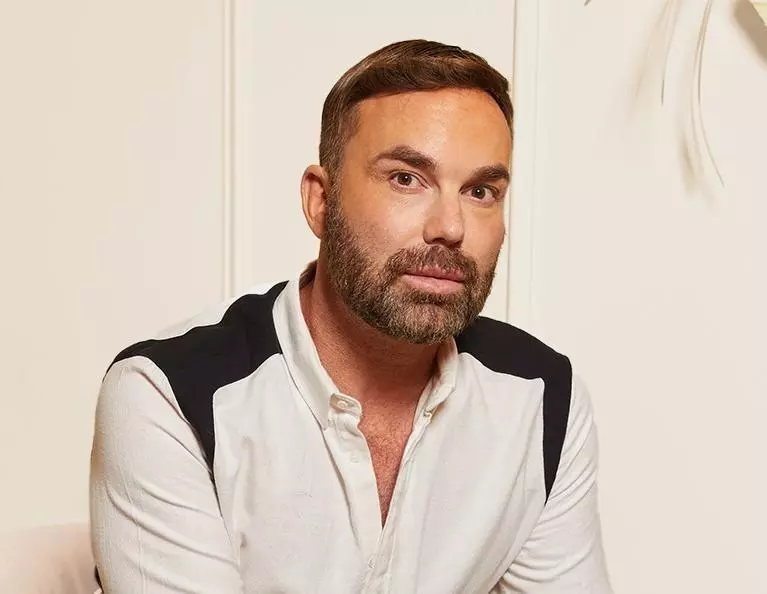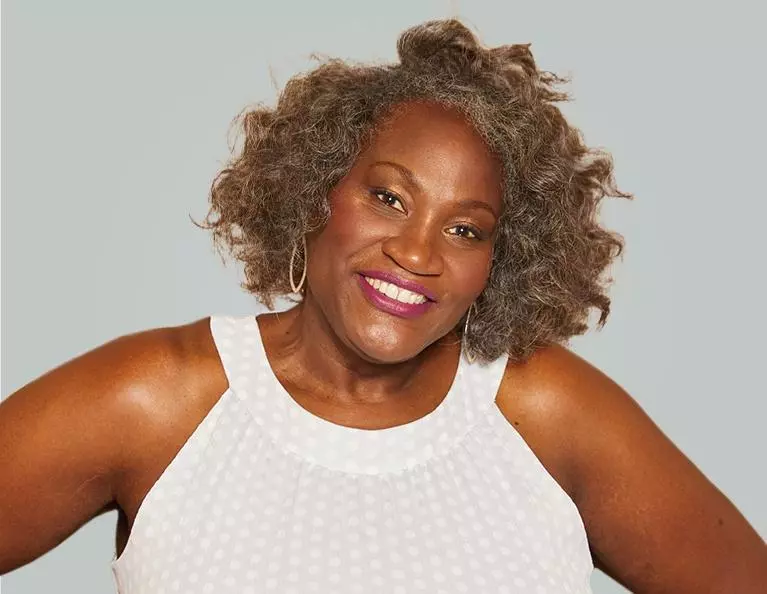We all know that hair loss is connected to certain medical conditions. Some conditions cause your hair to thin or to fall out, and the same may occur if you are deficient in certain things.
But what about depression and hair loss? What’s the connection between them? If you’re wondering whether there is a relationship between the two, the following information should help clarify things.
Can Depression Cause Your Hair to Fall Out?
A report issued in January 2019 spoke about a cohort study of more than six million people with major depressive disorder. It found that those with this disorder were 90% more likely to develop alopecia areata. It also seems that people living with alopecia areata were more likely to suffer from a major depressive disorder, although in this case, the percentage was given as 34% rather than 90%.
It seems the link between the two works both ways, although it looks to be more common for those with depression to experience hair loss as well, rather than occurring the other way around. It’s understandable that you’d feel low if you were losing your hair, especially if you tend to love styling your hair and you feel it is an essential part of who you are.
However, we can see that the research – gleaned from looking at millions of people and their experiences – suggests that hair loss can happen more often among people with depressive disorder than we might think. Of course, while the 90% figure might seem alarming, it does not mean everyone who goes through a bout of depression will suffer from alopecia.
Will Hair Loss From Depression Grow Back?
Fortunately, yes. The best approach is to receive treatment for your depression. It’s important to note that depression – also referred to as depressive disorder – is not the same as simply feeling down for some reason. It’s common to feel down without having any real reason for it, but equally, if it continues, it could well point to depressive disorder. In this case, you should seek advice from a medical practitioner to find out how best to treat it.
There are several ways to treat depression. Sometimes, it can be situational, i.e., it will occur after a bereavement or stressful change in circumstances. At other times, there can seem to be no real reason for it. In either case, treatment can include cognitive behavioral therapy, medication, talk therapy, or a combination of these things.
It has been noted that hair loss that coincides with depression can resolve itself once the depression lifts. Look at ways to take better care of your hair – something you may struggle to do when you are suffering from depression. Speak to a hair professional – they may be able to recommend a change in style or even a change in the products you use to wash and condition your hair.
How Can I Regrow My Hair After Depression?
It’s important to remember that your hair won’t grow back overnight, just as you didn’t experience thinning hair or hair shedding overnight. It takes a while to grow it back, but there are things you can do to help yourself.
For example, make sure you pay attention to your mood. If you’re feeling stressed, look at adopting various relaxation techniques. You may also look into regular exercise as this can help lift your mood.
Take the time to overhaul your diet as well. Eating plenty of fresh foods and avoiding processed ones is a good way to help you feel better. Relaxing before bed might also help you sleep better, which can also make you feel more positive the next day.
It can take between three and six months to notice new hair growth, so don’t expect to see results overnight. If you focus on the areas that you can do something about, such as eating well, sleeping well, and getting more exercise, you may feel more positive in general. Recovering from depression can be a long road, as can growing back your hair, but it is a road it is possible to travel.
For further assistance, contact the team at Unique Hair Concepts for a complimentary, in-person consultation at our studio near Yonkers, NY.






